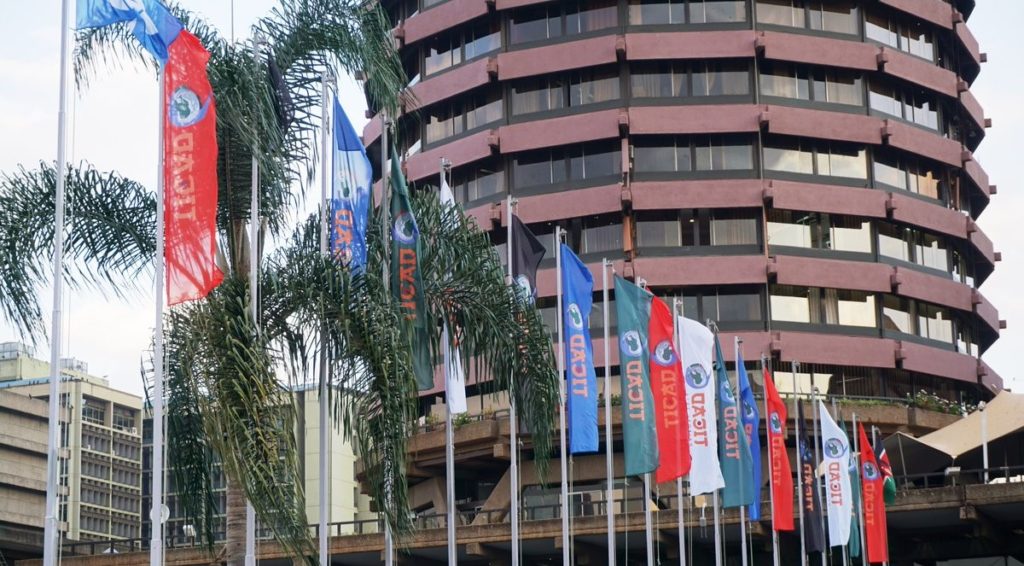Japan has pledged to invest $30 billion in public and private support for infrastructure development in Africa by 2018.
Prime Minister Shinzo Abe made the pledge on Saturday during the opening of the Sixth Tokyo International Conference on African Development (TICAD VI) summit in Nairobi.
“When combined with the investment from the private sector I expect the total real amount to be $30 billion. This is an investment that has faith in Africa’s future, an investment for Japan and Africa to grow together,” he said.
“Today’s new pledges will enhance and further expand upon those launched three years ago. The motive is quality and enhancement,” he said.
He also mentioned that Under the Abe Initiative, Japan will build the Human Resource capacity for 1500 Africans in the next 3 years.
On Friday, the World Bank Group through its President Jim Yong Kim said the World Bank and the Global Fund to Fight AIDS, TB and Malaria (Global Fund) committed to invest $24 billion in Africa over the next three to five years.
I’m pleased to announce we’ll invest up to $15bn over the nxt 5 yrs to support
universal health coverage in #Africa. https://t.co/Jata74OweH— Jim Yong Kim (@JimYongKim) August 26, 2016
“African countries can become more competitive in the global economy by making several strategic investments, including investing more in their people, their most prized resource,” said Jim Yong Kim, President of the World Bank Group.
“A critical part of this commitment is to accelerate progress on universal health coverage—ensuring that everyone, everywhere has the opportunity to live a healthy and productive life.”
“We must do all we can to enable next generation to reach its full potential—universal health coverage is key,” said Kim.
Shinzo Abe, Prime Minister of Japan. “‘UHC in Africa’ will present guidelines and concrete framework for action that will serve as references for achieving UHC under the ownership of respective countries, as well as by cooperation among the international society.”
The Global Fund’s $9 billion commitment for 2017 through 2019 includes $6 billion of investments in programs that treat and prevent HIV, TB and malaria, and also includes $3 billion of investments in systems for health such as strengthened procurement systems and supply chains, improved data quality and data management systems, and strengthened human resources for health. The commitment assumes a $13 billion Global Fund replenishment, which launches in September 2016.
And on Saturday the World Bank President said, “It’s almost hard to believe how many people are willing to write off Africa. We have to fight the naysayers. I believe Africa can.”
